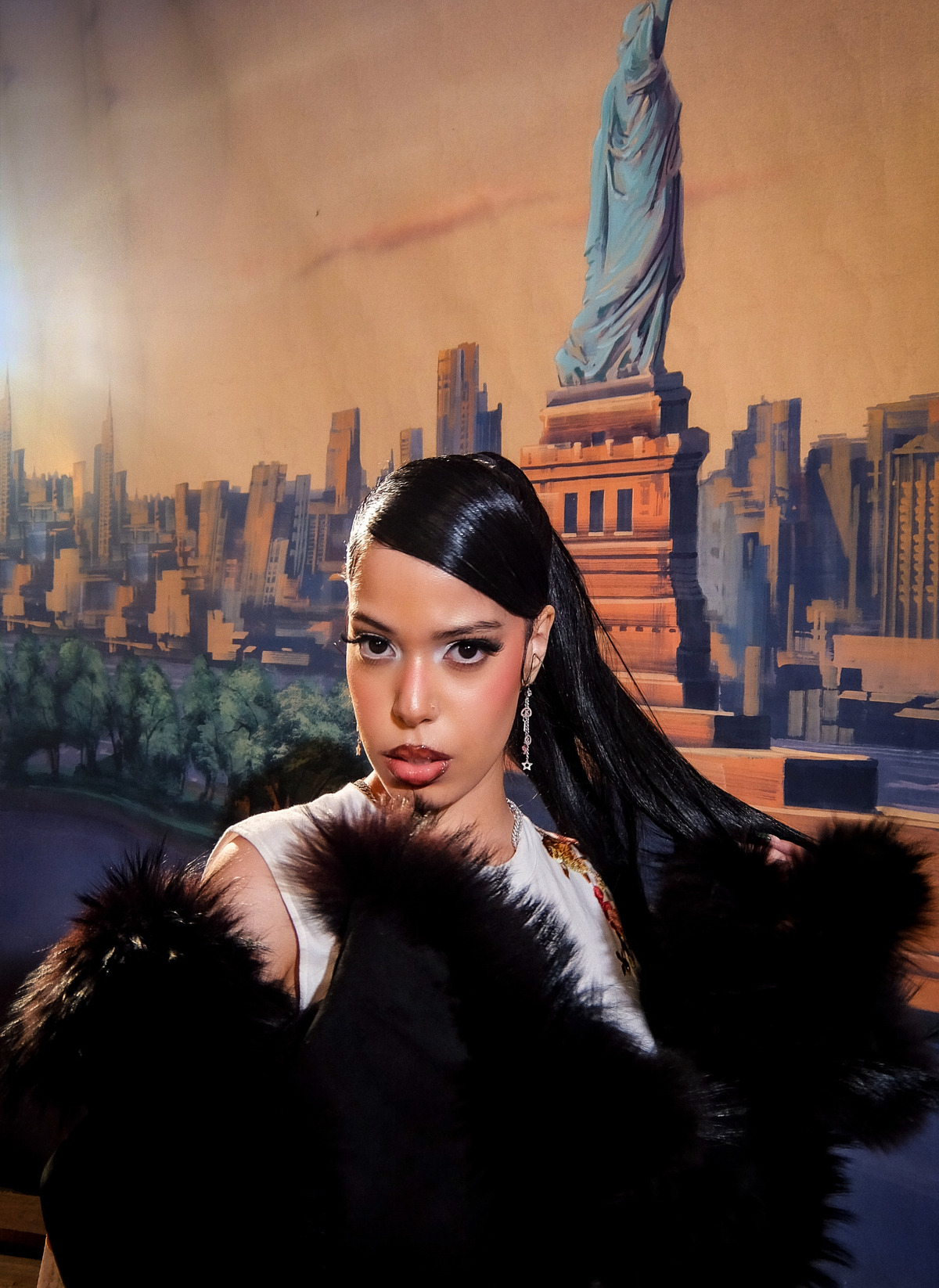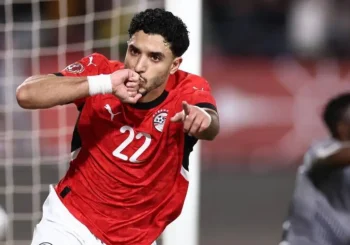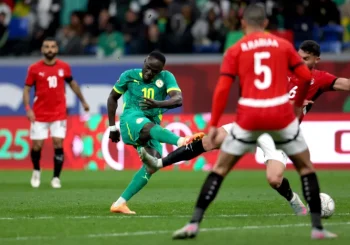If being a young woman today comes with its own set of challenges, then being a young female artist—especially in the R&B scene—is no easy feat. It took years of persistence, struggle and breaking barriers before American R&B artists like Aaliyah, Mary J. Blige and SZA were able to break through, gaining both mainstream success and critical acclaim.
For young women from minority backgrounds, the challenge grows heavier: how do you define your music and your femininity on your own terms, free from stereotypes and the projections of others? Singing about romance in a sensual and provocative way has always been a defining trait of R&B, which is why breaking into the genre has never been just about making good music; it’s also about owning your femininity and crafting your style on your own terms.
Moroccan-American R&B artist Ilham, who recently just released her new single roster (2025), is doing just that. She’s carving out a space for Arab women to shape a version of femininity that is entirely their own, rich in self-expression and defiantly free from cliché. Her music feels like an intimate conversation; a soulful and honest diary on being a young woman who has repeatedly fallen in and out of love, and who has come to see that journey as central to her story.
Since her debut in 2018, Ilham has been riding the global wave of R&B’s cultural rise, starting with writing songs in her bedroom and then releasing her debut EP 41-10 (2018), earning early support from Billboard. Her follow-up EP with time (2019) hit #1 on the iTunes Top R&B Albums Chart, and she has since then earned praise from The New York Times and The FADER, and has appeared on Spotify and Apple Music’s top R&B playlists, amassing over 33 million streams across platforms.
The best way to describe Ilham’s sound is to compare it to how Aaliyah, who is often dubbed as the ‘Princess of R&B’ by critics, first entered the R&B scene. Back then, artists like Mariah Carey and Celine Dion were known for their powerful, high-energy vocals. But Aaliyah didn’t follow that path, she stood out by doing the opposite. With her soft voice and laid-back style, she proved that “less is more” could be just as powerful.
Her look—bandanas, baggy jeans, and sports jerseys—reflected a cool, streetwise confidence that connected with people in a different way. She created her own lane in R&B, one that felt real and rooted in where she came from.
Ilham channels that same energy. Growing up in New York, she is inspired by the urban lifestyle of the Queens in New York, the biggest migrant neighborhood, where she grew up in a predominantly Hispanic and Black community. At home, she grew up listening to Arab artists like Cheb Khaled and Cheb Mami as well as American artists, such as Aaliyah and Ashanti, and she often visited Morocco with her family to stay connected to her heritage.
She also often mixes her Moroccan heritage into her style and visuals, infusing her aesthetic with Arab and Moroccan cultural touches. On the cover of her 2019 album with time (2019), for instance, she’s pictured in a Moroccan living room, pouring tea from a classic Arabic teapot, a nod to her roots. Just like Aaliyah, Ilham is showing that there’s more than one way to be a woman in R&B, and she’s doing it on her own terms.
Essentially, her music makes room for the messiness of young womanhood, holding space for all the feelings — confidence, heartbreak, confusion, desire. She captures the contradictions that so many young women live with: the urge to be fearless and free, to have fun and take up space, and at the same time, the vulnerability of longing for love.
Below, Egyptian Streets catches up with Ilham to discuss her music, career journey, and what it means to be a young Arab woman in R&B.

How has your music evolved from your earlier work to your more recent releases? And how has your style developed over time?
My first wave of music was all YouTube beats—super vibey and sad. I guess I was a bit of a sad girl. I was writing from a director’s perspective, taking heartbreak stories from my friends and turning them into songs — even though I hadn’t experienced that myself. My first two EPs were all about heartbreak, but they were more like stories I was telling rather than my own reality.
Now, I feel like I’ve really clicked with producers who get me and my sound. We’ve finally found something that feels like me. It’s definitely on a happier side now. I’m a Cancer (her Zodiac sign) so I’ll always have that emotional depth, but my new music is a reflection of a mindset shift. I was tired of being in that sad space and wanted to make music that felt more uplifting, empowering, and worldly.
Has Moroccan music influenced you in any way?
To be honest, I was born and raised in NYC, so my musical influences naturally leaned towards artists from the US. My dad did play a lot of Moroccan music at home, but I didn’t really pay much attention to the lyrics at the time — I was more taken with the records as a whole. What I can say, though, is that Arabic is such a beautiful language. I honestly believe that anything I say would sound even more powerful in Arabic, especially when it comes to expressing love and emotion. The way emotions are conveyed in Arabic music has such a richness to it that’s hard to replicate in any other language.
How has your identity as a Moroccan woman shaped your confidence, both as an individual and as a female singer?
Moroccan women are incredibly strong, and that strength is something I naturally embody. We’re ambitious, hold firm to our morals, and lead with confidence — even if we don’t always feel it on the inside. My mom has instilled so many valuable lessons in me that have really helped me navigate the music industry. Being a woman in this space is challenging, but the resilience and wisdom I’ve inherited from my culture and my mother have been key to staying grounded and confident throughout it all.
Are there any global artists you hope to collaborate with or who have been a source of inspiration for you?
Rihanna, Drake, and The Weeknd are definitely major inspirations for me. Their ability to blend different genres, push boundaries, and stay true to themselves is something I really admire. I’d love the opportunity to collaborate with any of them — it would be a dream to work with artists who have such a huge influence on the global music scene.
How have you developed your unique style and visual aesthetic in your music videos over time?
I’ve developed my unique style and visual aesthetic through my everyday life. Being from NYC and having Moroccan roots gives me this unique blend of cultures that I draw from to create something that feels truly authentic to me. Growing up in a rough environment naturally makes me a direct raw person, which can be heard in my lyrics. I usually take a direct, very straight-to-the-point approach with my lyrics.
Visually, my music videos tend to be polarizing. If you watch my videos, you might think it’s a rap song. It’s a reflection of me — if you look at me, you might not realize that I really came from the mud. The contrast in my visuals symbolizes that duality: the mix of where I come from and who I am now. It’s about showing that there’s more beneath the surface, even when it’s not obvious at first glance.







Comments (0)